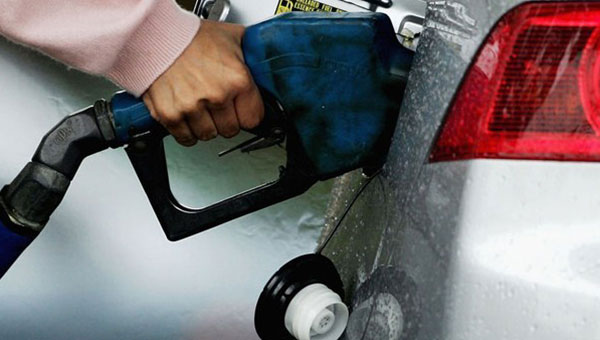Many car owners want to get the most out of their car. One of the things they do is by spending more the gas. As an example, they choose fuel with higher octane rating, thinking that it will perform better overall and they will obtain improved gas mileage. In this case, it is important to understand about what octane rating is. We should know whether octane rating will be able to positively affect our engine. However, this isn’t actually the case. Depending on the model of our car, it doesn’t really need more than the usual gasoline. The FTC has also clearly stated that in many cases, putting higher octane than what’s recommended by the owner’s manual will provide absolutely no benefit. Our car won’t run cleaner, get better mileage, go faster or perform better.
Octane rating is essentially an indication of the fuel’s ability to resist engine knocks. The higher the rating, the less likely the engine will knock. There are different grades of octane rating. Regular fuel usually has 87 octane, mid-grade at 89 and premium at 92 or higher. Octane ratings should be posted on very bright stickers on gas pumps next to the nozzle. Fuel with higher rating burns more slowly and the engine of our car squeeze the air-fuel mixture until it explodes. In this case, our engine will need to use more pressure to get the high octane fuel to ignite. The majority of sports and luxury cars are designed to work with high octane fuel. It is recommended to read the owner’s manual to find out more about the proper octane rating for our car.
We should know more about engine knocks and it is often known as pinging or rattling sound due to premature ignitions in one or multiple cylinders. This could happen when the air-fuel mixture explodes too soon inside the cylinder. Also, the noise could happen when our car engine is unable to provide enough pressure to explode the mixture. This could happen when a sports car is filled with lower-octane fuel. It means that cars that are designed for high-octane fuel shouldn’t use low-octane fuel. This will cause improper timing and engine knock will be audible. This is the reason why choosing higher or lower octane rating than recommended won’t provide us with good results. There’s no difference in gas mileage or overall performance.
Also, there’s no evidence that high octane fuel is able to better prevent residue accumulation or deposits of dirt. According to regulation, all types of fuels are required to have some amount of engine cleaning additives. These are enough to prevent deposits inside the engine block. Deposits can be quite detrimental to the overall performance and longevity of our engine. Deposits are equal to slowly growing cancer, reducing fuel efficiency and overall performance level. It is better to choose fuel that’s produced by trusted supplier; instead of choosing the one with higher octane rating. Engine can also be flushed from accumulated dirt with a number of methods and we may consider to do them.
























